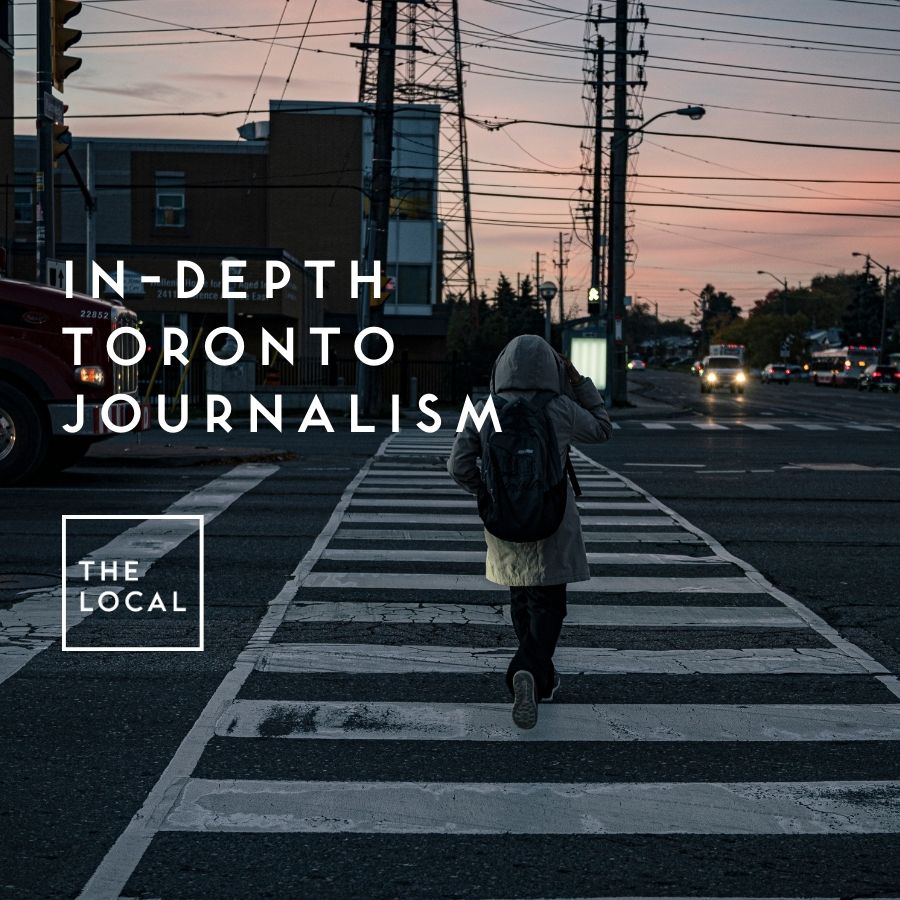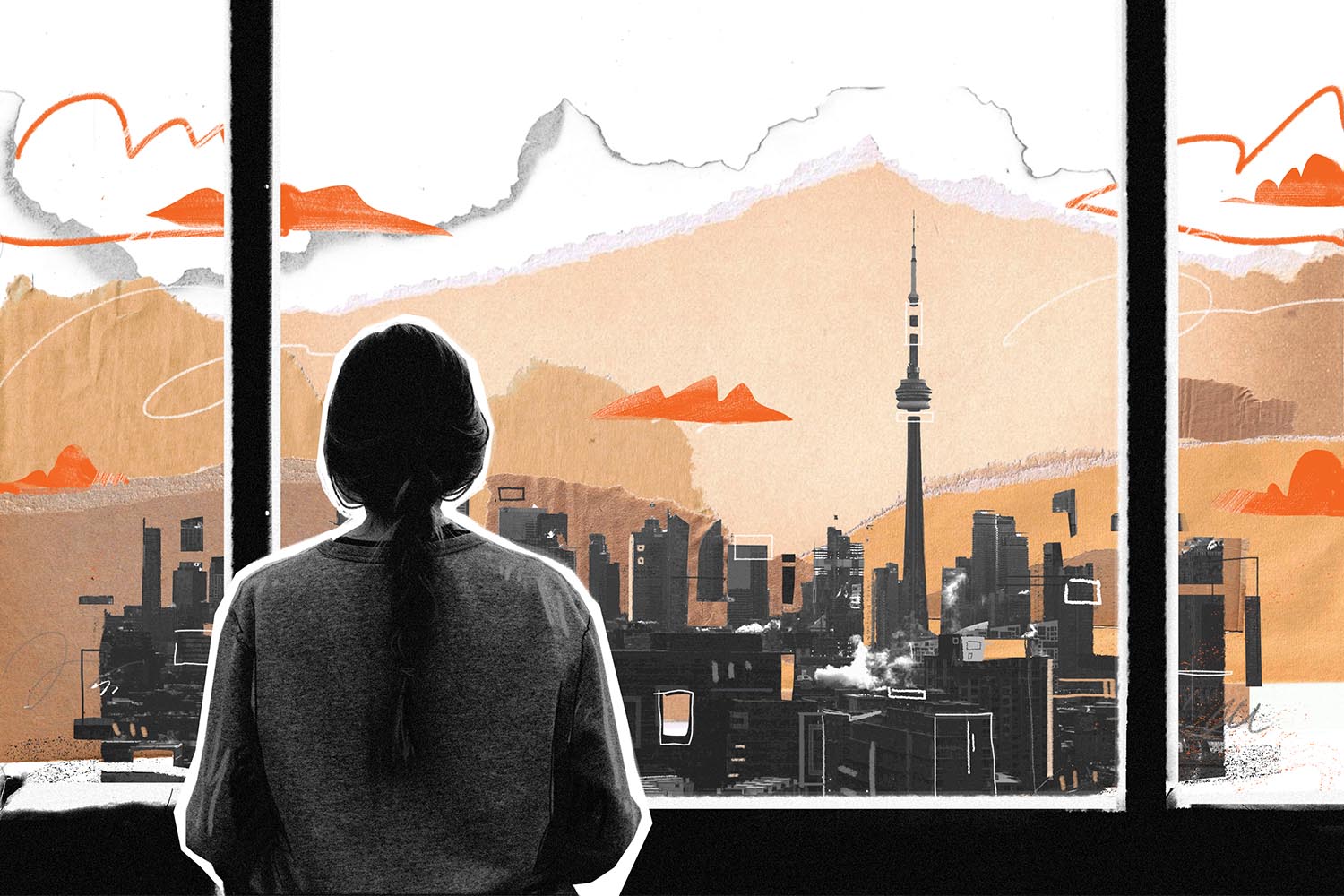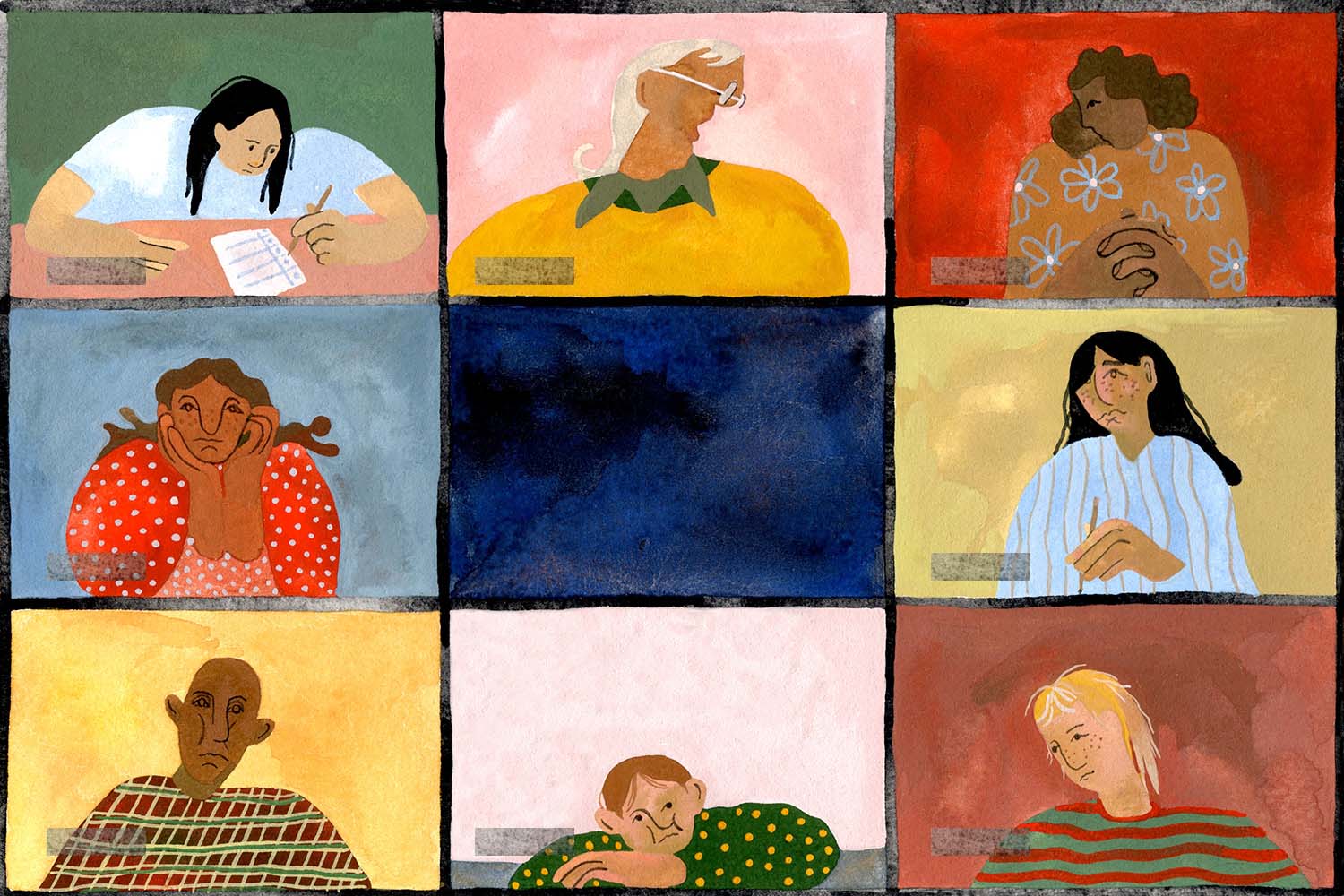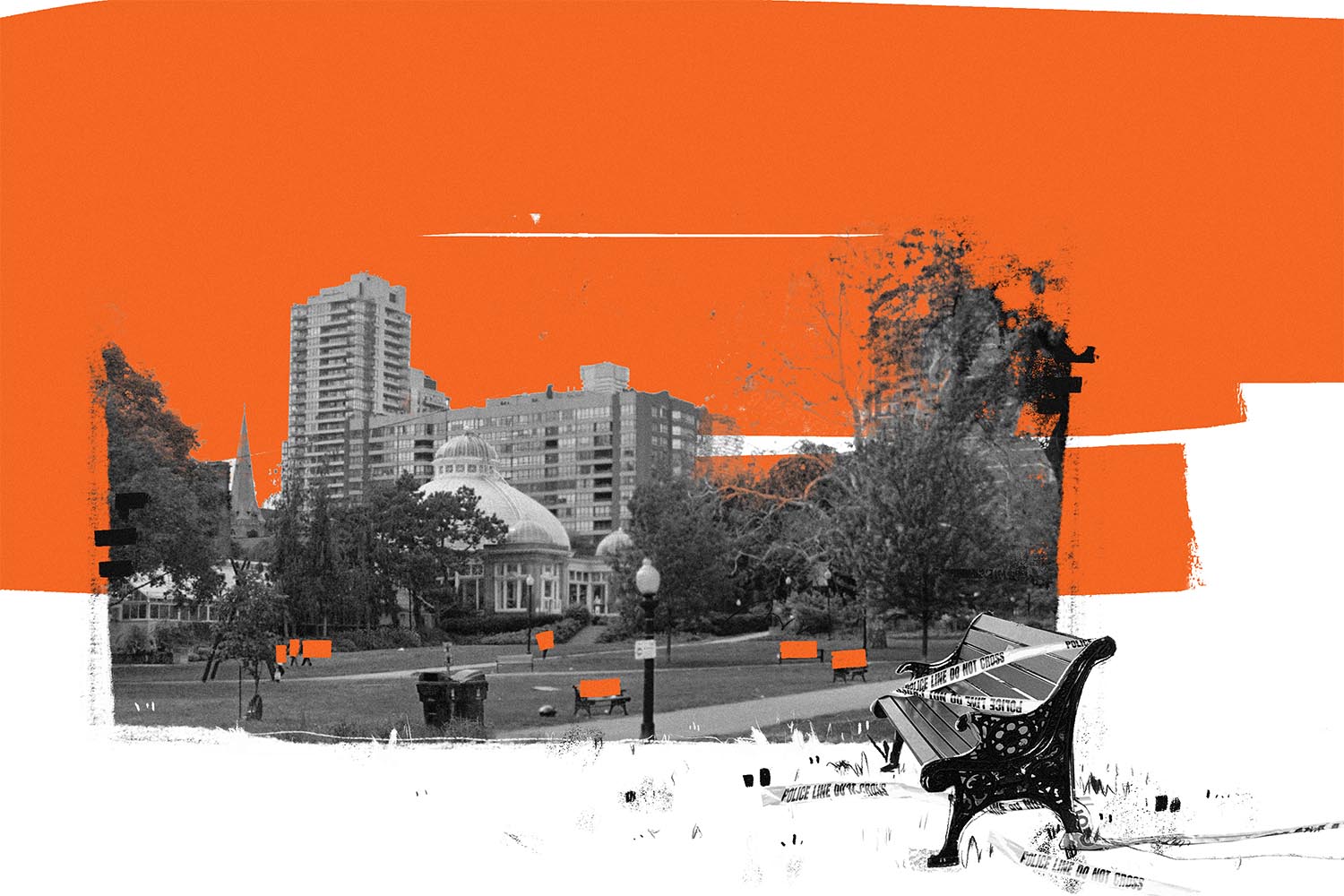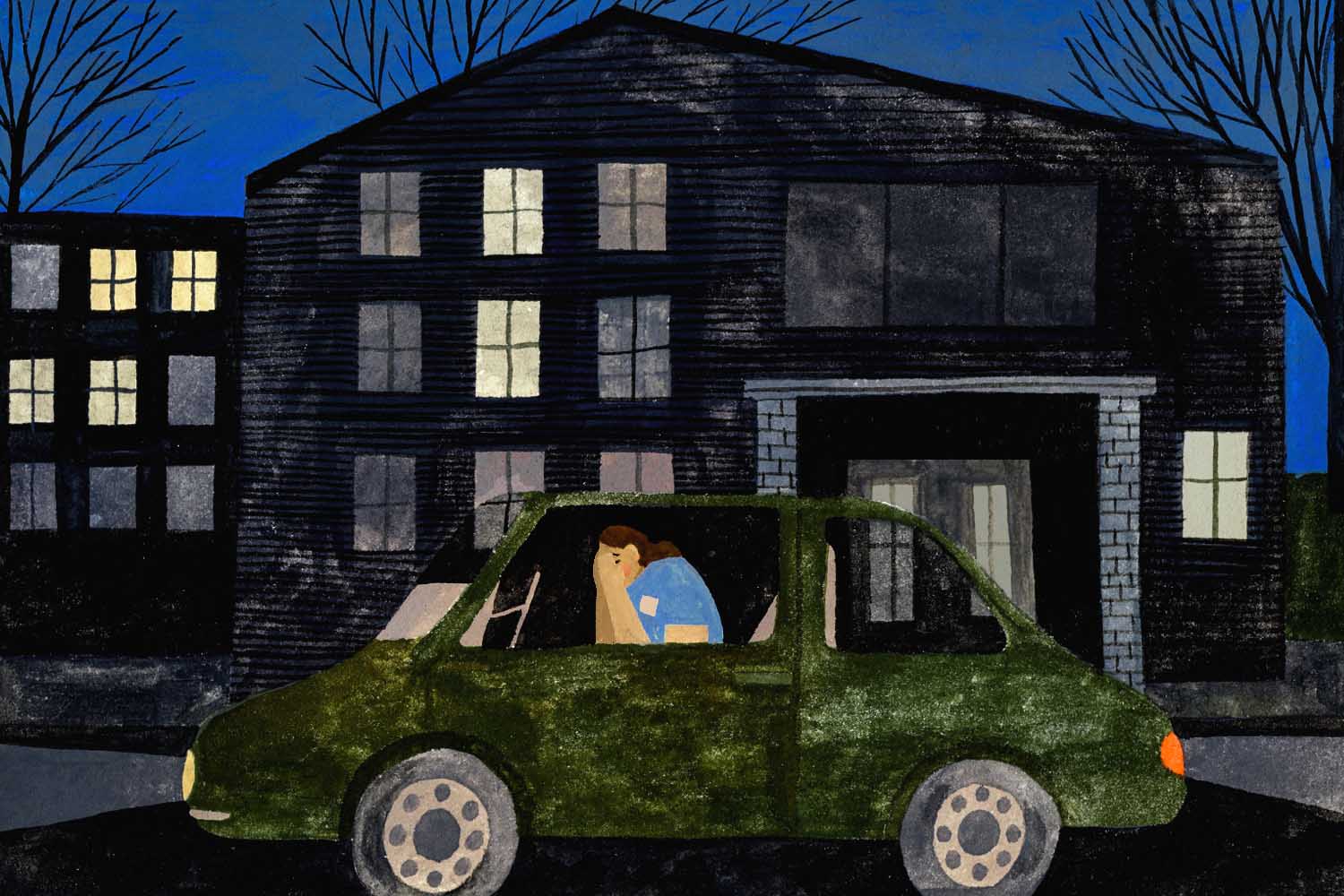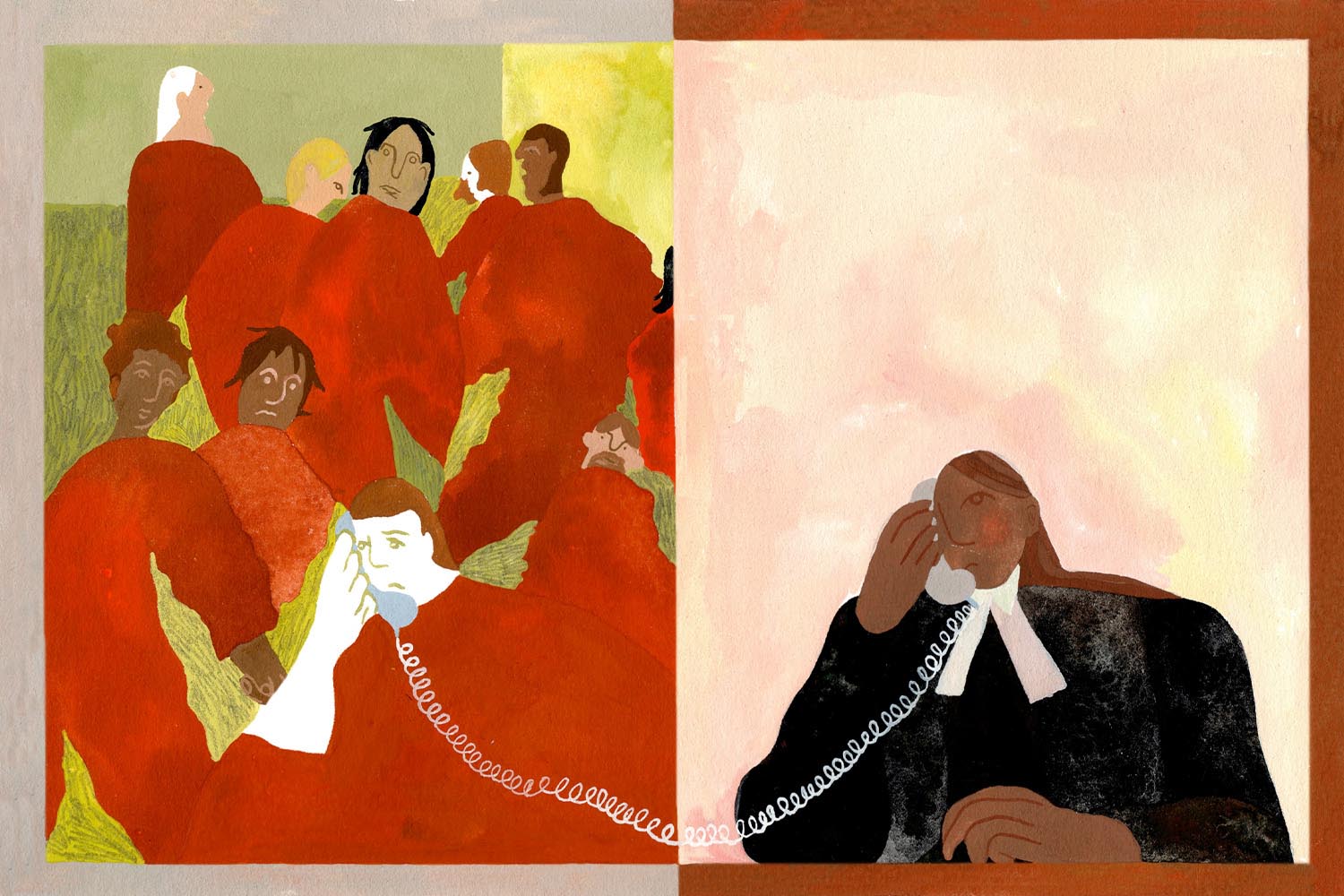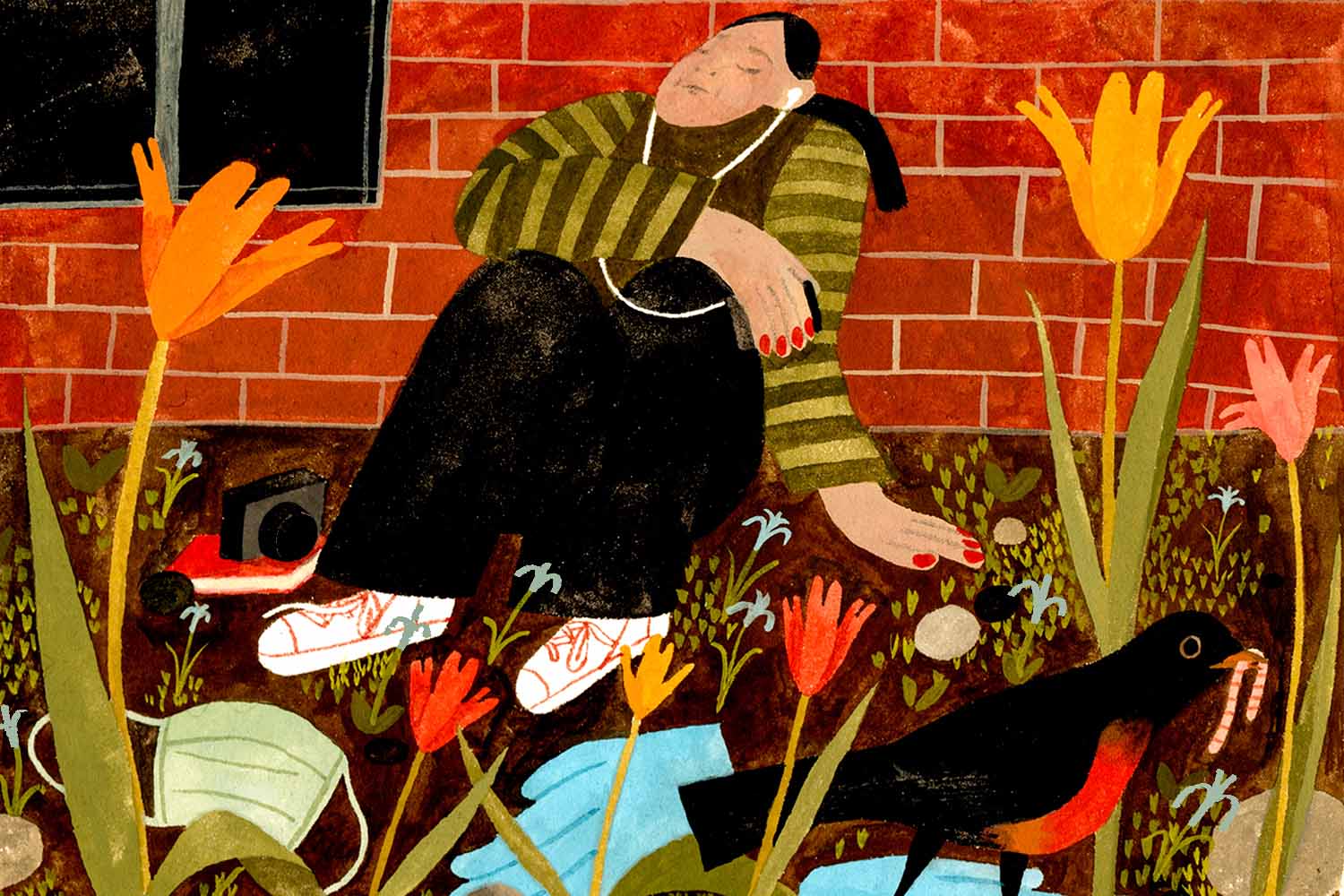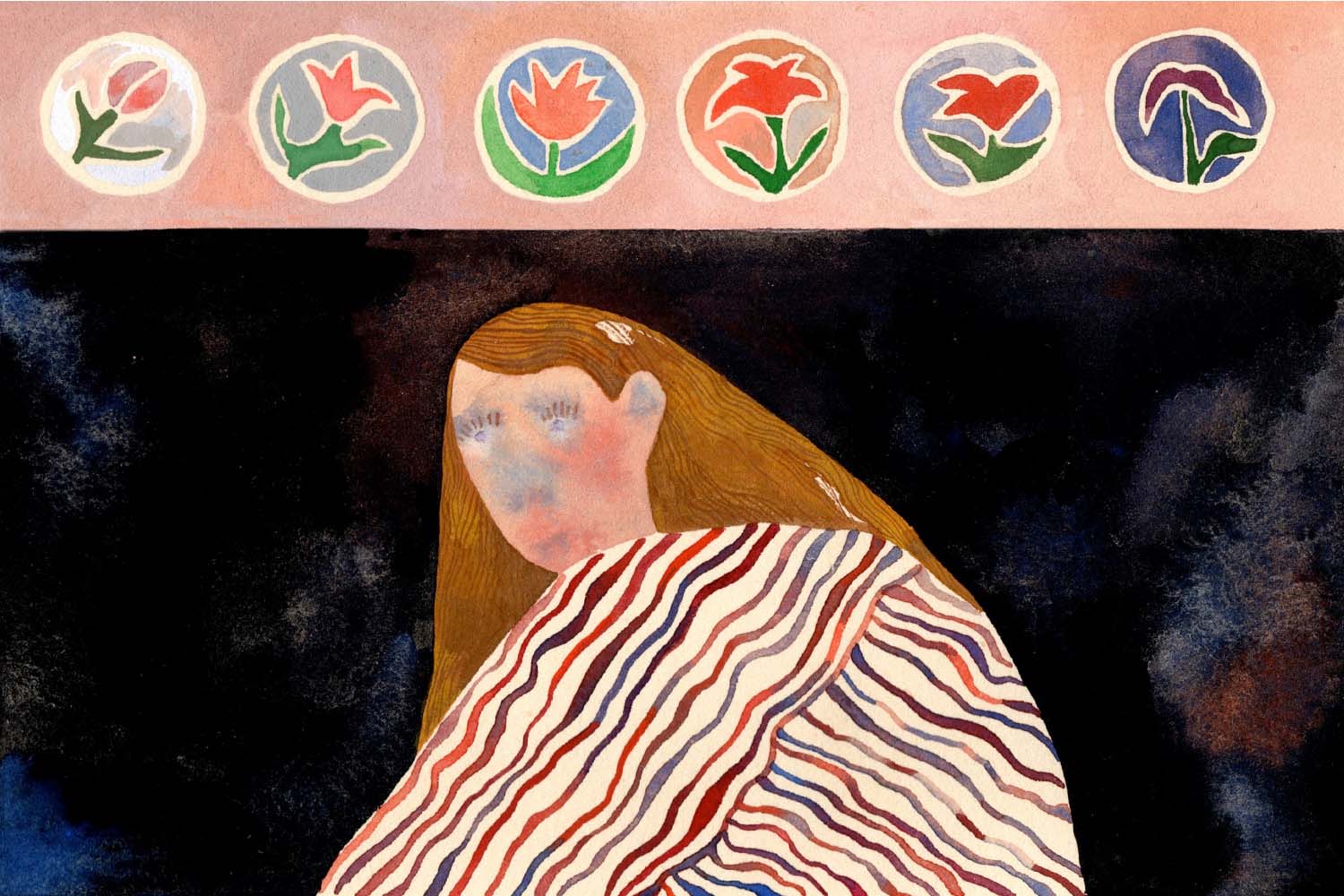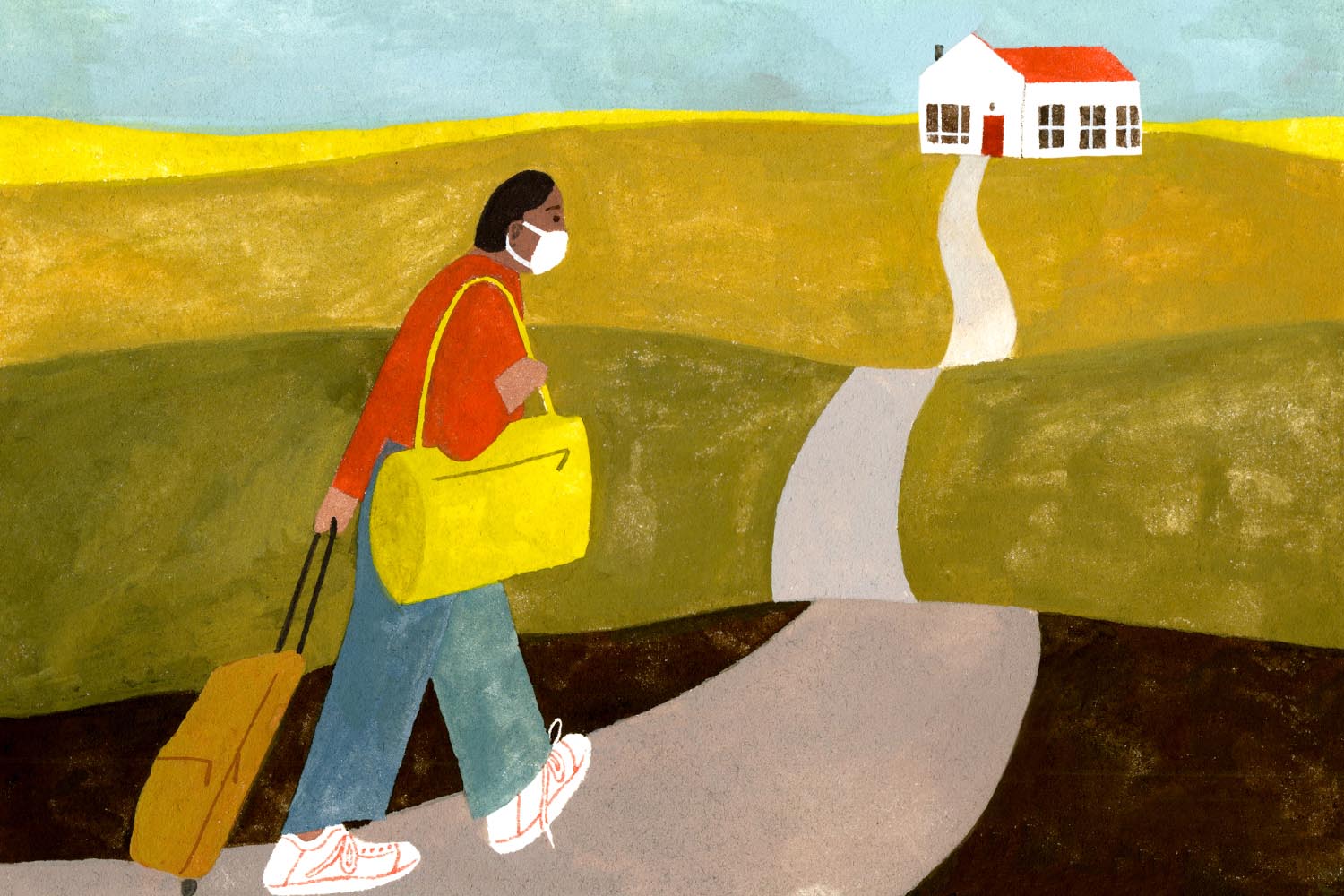
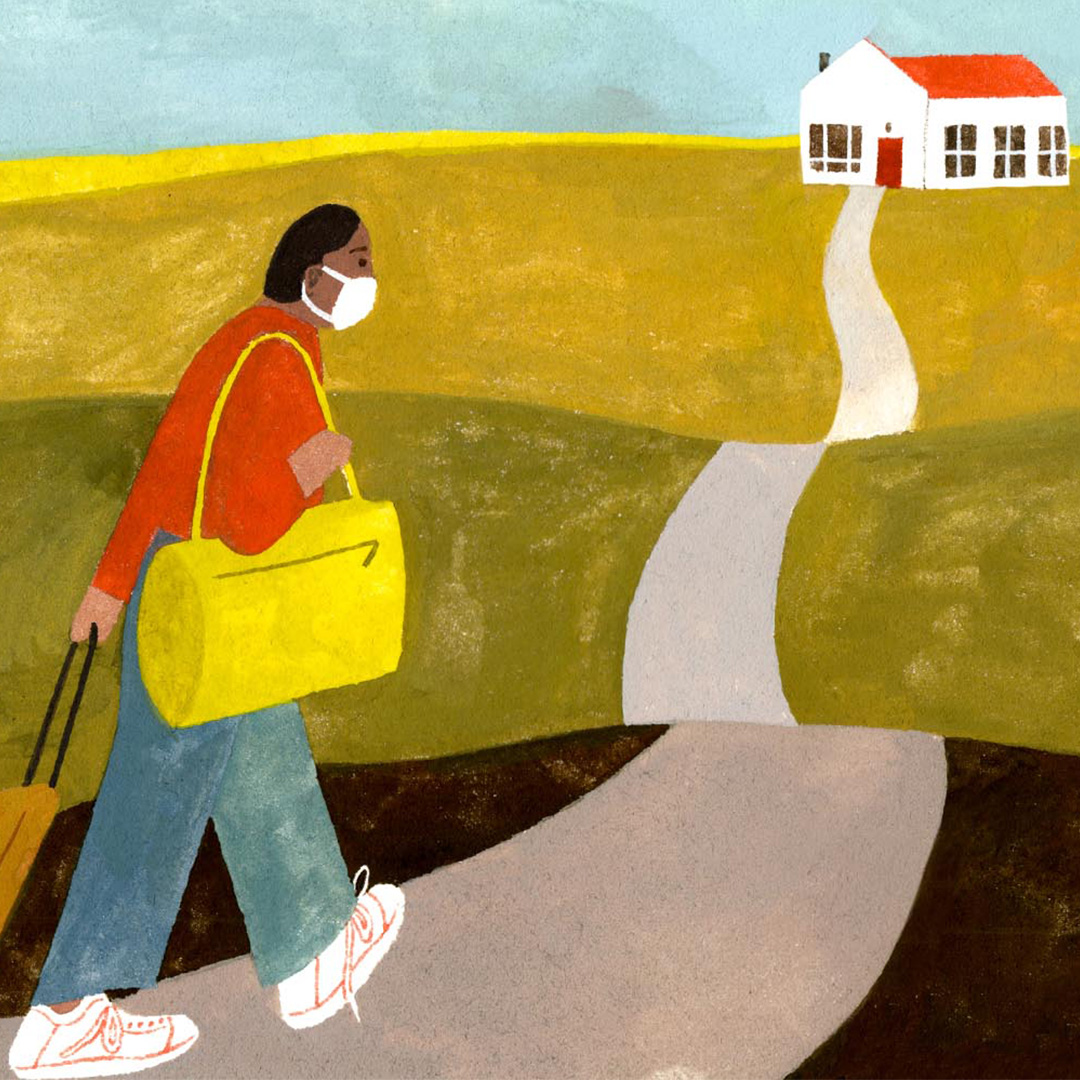
My new phone, like many recent phones, has one of those ultra-wide lenses, good for imparting a sense of scale. I used it yesterday to take a picture of the wide suburban road my parents live on. It is in Woodbridge, just north of the city, and I think I captured for the first time what, in truth, I’ve always disliked about this place: the broad emptiness, the vacant, desolate streets, the deadening sameness.
I am perhaps unduly bitter. As COVID-19 forces us all into unusual, unfamiliar situations, I was faced with the difficult choice of staying away from my elderly parents for fear of infecting them, or staying with them for an extended period in order to help out. My brother and I chose the latter, and as of this weekend we have both been with them for four weeks.
My walk through the neighbourhood yesterday was thus as much relief from my family as it was from being indoors. Packing four adults, two elderly, two middle-aged, into even a generously-sized home has predictably caused nerves to fray and tempers to flare. The routines that calcify over decades of life have been upset, and as it turns out our patterns in life are rigid but brittle: things should stay the same, until they don’t, and then they can easily snap.
But if you are going to live through a global pandemic, the suburbs are a strangely ideal place to do it. No small part of that is due to the sheer amount of space. Social distancing is far easier when the streets are almost comically wide and often half empty. The cookie-cutter detached houses I might have once derided not only have capacious back gardens with patios and barbecues (yes, even in early spring), but also basements where, at least in my case, you can escape to cook in the secondary kitchen, or lose yourself in front of an absurdly-sized TV.
The weirdness of this moment—the strange suspended animation that now pervades life, everything waiting to be unfrozen—feels strangely suited for the suburbs, the primary advantage of which is that everything is always the same.
To be clear, it’s not as if it’s some sort of idyll up here. As soon as you leave your detached fortress and drive past the empty parking lots of plazas and malls, line up outside a grocery store, or see the suspicion on neighbours’ faces who, quite understandably, move away from you as you walk down the sidewalk, you are reminded that this is hardly a vacation. I wonder, too, about the scores of elderly people in this historically Italian neighbourhood—the nonnas in their black stockings and black cardigans, the nonnos with shorts hiked up high—who I used to see at bakeries, pizza parlours, churches.
But the weirdness of this moment—the strange suspended animation that now pervades life, everything waiting to be unfrozen—feels strangely suited for the suburbs, the primary advantage of which is that everything is always the same.
So it is that every day feels like a vague ghost of the last, just as each house on this street is only slightly different from the one next to it. The texture of the light may change; you might try to inject something new into the day by, say, dusting off a thirty-year-old box of Scrabble; or, as we did today, you might pack some picnic food and a flask of tea and go for a drive just to snack up north somewhere, even though you probably shouldn’t. They are the sorts of minor things that would normally feel insignificant, but now feel like an enormous relief.
I miss my dingy little basement apartment in Leslieville. I miss going to my coffee shop every day and having the staff there know my name and that I want an Americano. I miss the barrier between indoors and outdoors being much more porous, because that is what characterizes the difference between up here and down there.
But as much as the city represents an escape from where I am now, it’s hard not to recognize the enormous privilege and good fortune I have to come back to the suburbs to be here for my mum and dad. After all, while here, I’ve gone out for them, got groceries delivered, kept their spirits up and, as ever, have acted as an occasional medical consultant. We may grate on one another, but ultimately, we are going through this together. And if this experience hasn’t entirely helped my relationship with my family, it has softened my relationship to this place, opened me to its once-hidden upsides—those things that can’t be seen from afar, but instead, require you to actually be in the thing and look up close.
